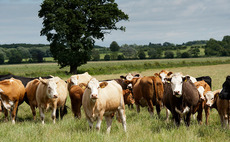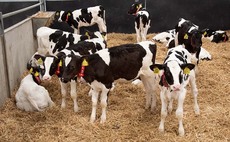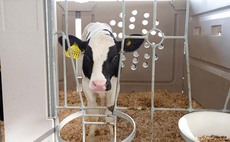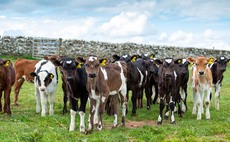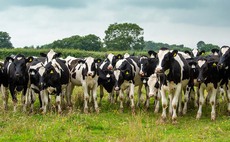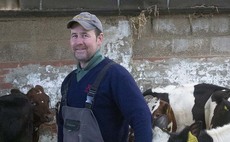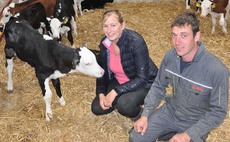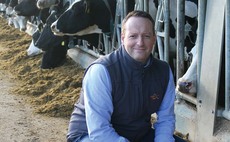Welfare
Livestock
The introduction of the AIPZ comes after the disease was detected in captive birds at premises in England, Wales and Scotland
Livestock
Careful management of suckler cows at this time of year can pay dividends for the future. Veterinary surgeon, Joe Henry, of Black Sheep Farm Health, Rothbury, offers some advice.
Livestock
Nearly all farmers taking part in a recent calf survey recognised the link between well reared heifers and future performance, yet data suggests there is huge scope for producers to drive efficiencies further.
Livestock
Two key strains of Mannheimia haemolytica bacteria are likely to be responsible for pneumonia in calves, with a third of unknown pathogenic status.
Livestock
The potential to drive genetic gain, make more informed breeding decisions and improve efficiencies begs the question as to why you would not genomically test heifers.
Livestock
Feeding the right amount of a quality milk replacer so that heifer calves hit growth rate targets will positively impact on their performance once they enter the herd.
Livestock
Choosing a specially formulated calf milk replacer alongside top-notch management has helped one Dorset family to address issues with calf scours.
Livestock
Using sexed female and sexed male semen is helping one farmer optimise the value of every calf.
Livestock
Using ultrasound on calves’ lungs has helped one Powys calf rearer to pick up signs of respiratory disease earlier, target antibiotic use and reduce mortality.
Livestock
Segmenting the herd and targeting sexed female and male semen towards appropriate animals will help optimise any sexed and beef strategy.
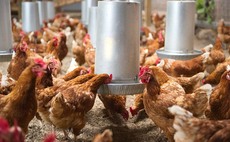
 04 November 2021
•
3 min read
04 November 2021
•
3 min read
